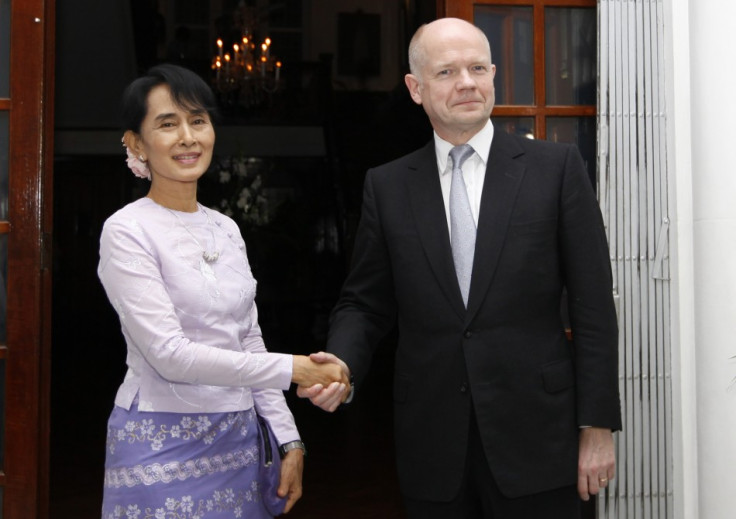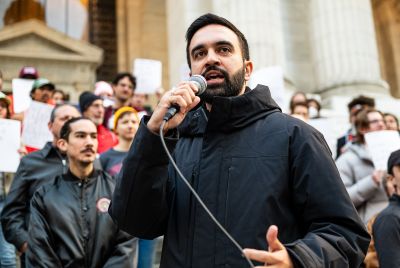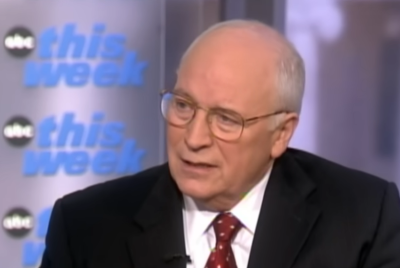Burma Releases 651 Prominent Dissidents

Human rights groups have welcomed the release of several prominent dissidents in a prisoner amnesty by Burma's authorities, but called for all remaining prisoners to be freed.
Burma has released 651 high-profile activists under a presidential pardon in a bid to boost reforms needed to end the country's long-standing isolation in the international community.
The issue was raised by Foreign Secretary William Hague during his recent visit to Burma and by US Secretary of State Hillary Clinton.
Burmese official radio and television have said the prisoners are being released so they can participate in nation-building.
Among the activists freed were Mink Ko Naing, a student leader in a failed pro-democracy uprising in 1988, and former prime minister Khin Nyunt, who had been under house arrest since 2004.
Nilar Thein, another member of Burma's 88 Generation Students, was also released. Thein told the BBC that she had been freed from Tharya Wadi prison: "I'm healthy and happy to be released and happy to see my baby," she said referring to her daughter who was born before her last period of imprisonment in 2008. "I was released today along with nine other political prisoners in Tharya Wadi prison but there are still 25 more left inside."
While the prisoner amnesty is a significant step in Burma's efforts toward reform, Human Rights Watch wants the Burmese government to allow international independent monitors to account for all remaining political prisoners.
"Years of international calls to release long-detained political prisoners seem to have pushed the government to finally do the right thing," said Elaine Pearson, deputy Asia director at Human Rights Watch. "The government should ensure that there are no obstacles to these activists participating in public life and upcoming elections."
A military council has ruled the country for more than four decades, though a nominally civilian government was appointed last year and, as a result of the shift in sympathies, pro-democracy activist Aung San Suu Kyi was freed from house arrest.
Suu Kyi, the general secretary of the National League for Democracy, said last week that "unless there is ethnic harmony it will be very difficult... to build up a strong democracy", the Guardian reported.
© Copyright IBTimes 2025. All rights reserved.






















